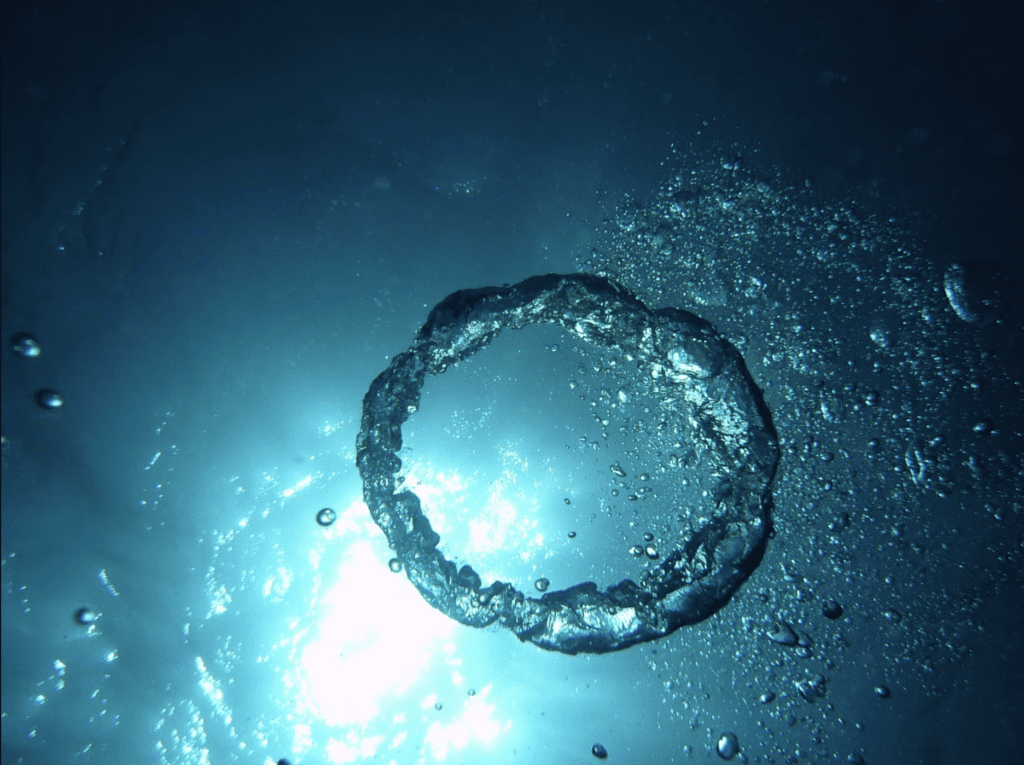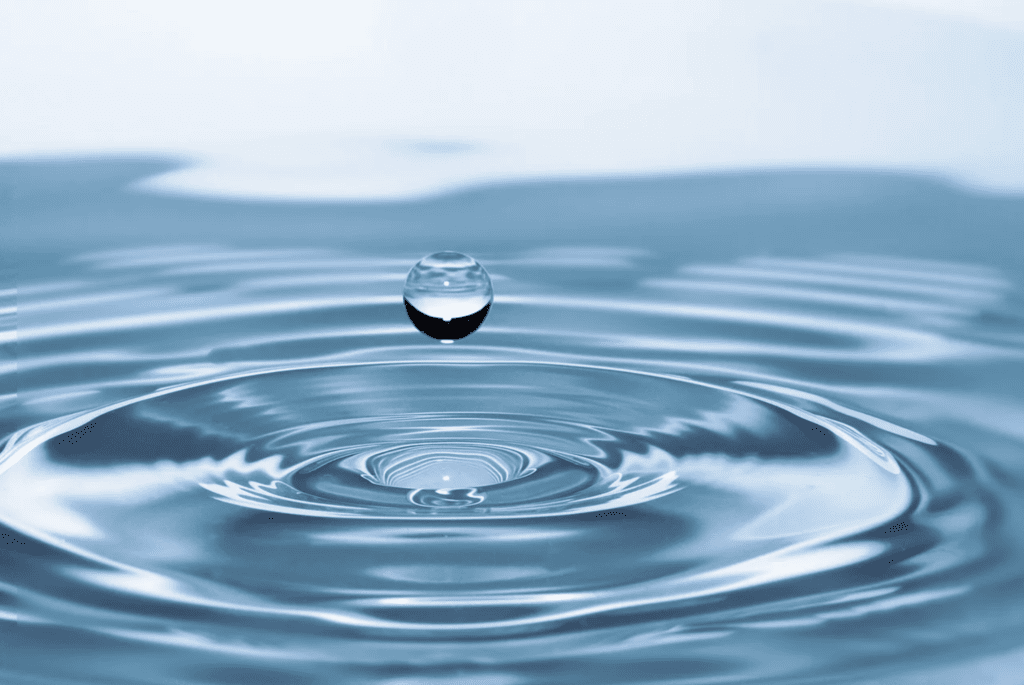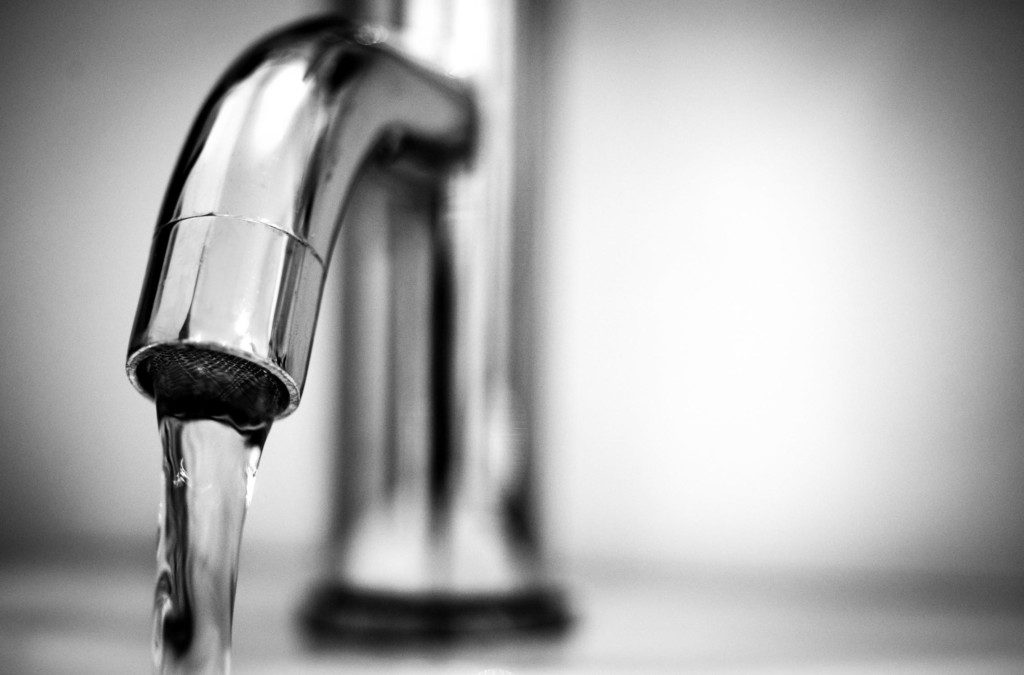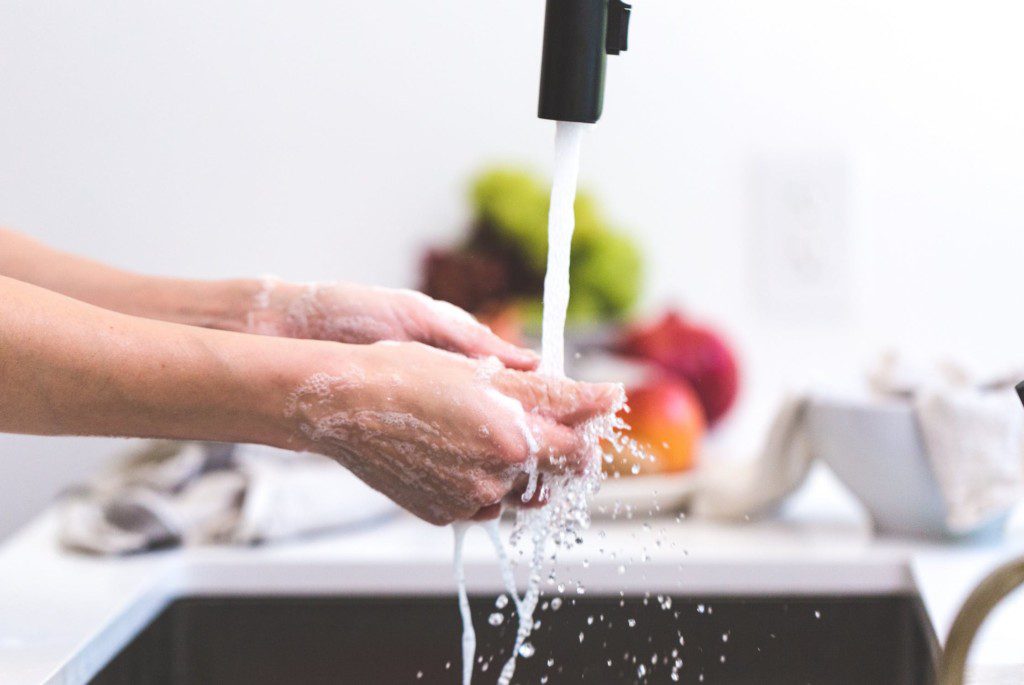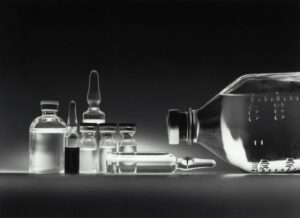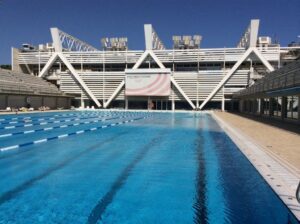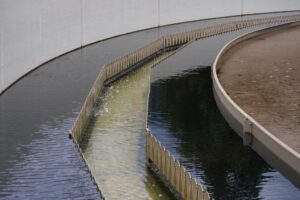12/03/2019 | Boiler Water Treatment | 10 MINUTE READ
Common Chemicals Used in Boiler Water Treatment
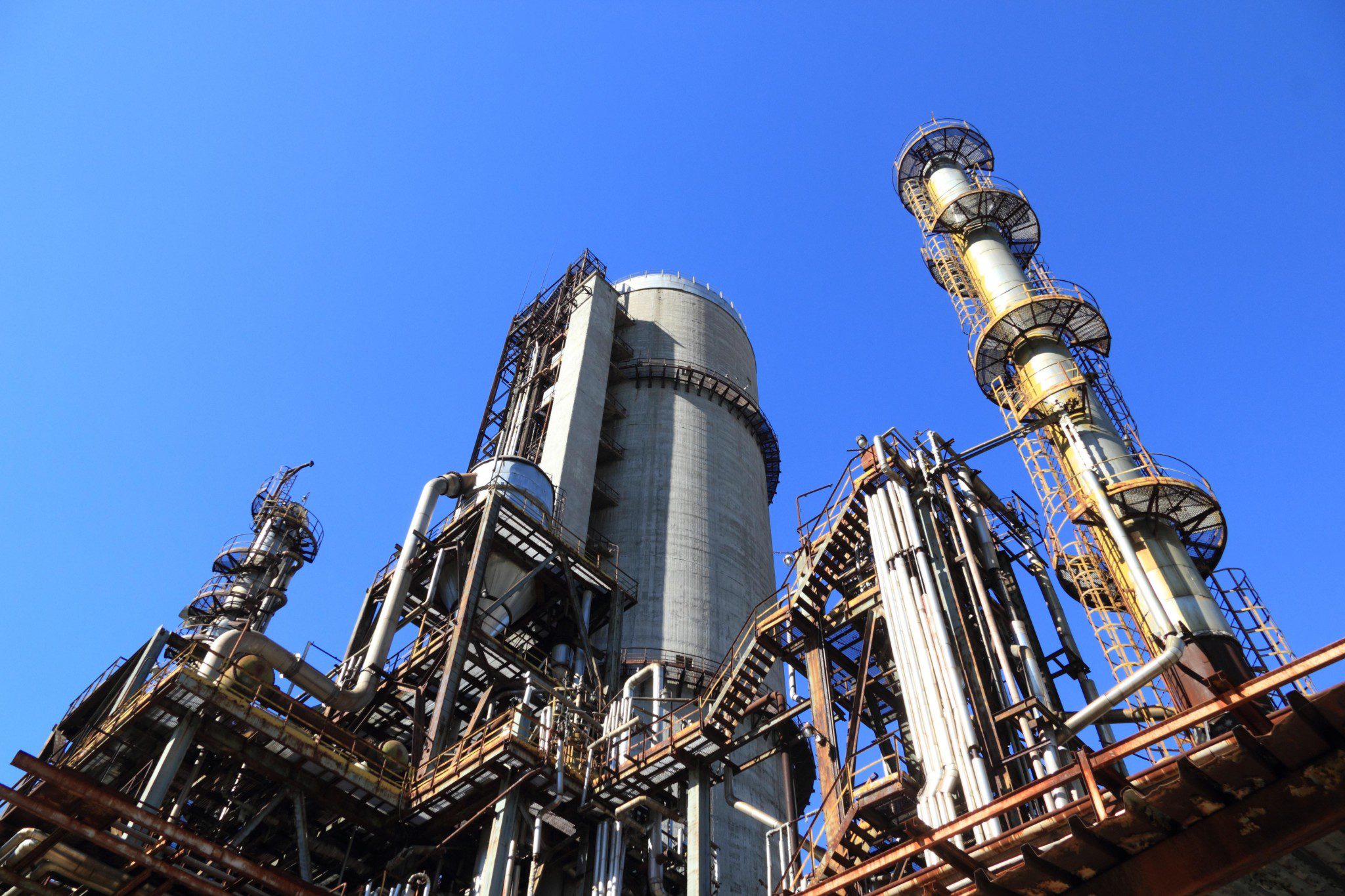
Boiler water treatment is the conditioning and treatment of boiler feed water with the purpose of meeting three objectives. In order for boiler water treatment to be maintained, there must be a continuous heat exchange, protection for high-quality steam, and corrosion protection. Boilers are designed to heat fluid, after which the vaporized or heated fluid will exit the boiler and be used for heating applications and various industrial processes like sanitation and cooking. The main types of industries that use boilers include the pharmaceutical, textile, steel, and chemical industries.
If you want your boiler to remain in good condition and be as efficient as possible, it’s important that the water remains free from impurities, which means that water treatment will be necessary. There are two methods that can be used for the treatment of boiler water, which include external treatment and internal treatment. Both of these processes rely on the conditioning process, which essentially counteracts the hardness in water by introducing softening agents to the water. Once these agents have been placed in the water, most of the minerals, contaminants, and chemicals within the water should be altered or removed completely. No matter which of these methods you use, there are many effective chemicals that you can use to keep the water free from impurities, which include everything from oxygen scavengers to anti-scaling agents.
The following provides a guide on some of the more common chemicals that are used in boiler water treatment.
Oxygen Scavengers
Oxygen scavengers are designed specifically to reduce the amount of dissolved oxygen and oxides in the water. If you use a DO sensor and find that the amount of dissolved oxygen in your boiler water is too high, oxygen scavengers like hydrazine and sodium sulphite can effectively reduce both DO and oxides for purer water. Oxygen scavengers will typically passivate various metal surfaces as well, which helps to keep rust and other issues at bay.
When you introduce a chemical oxygen scavenger to your boiler water, you’ll be able to remove any residual oxygen from the feed water, protect the boiler from harmful chemical reactions, and reduce corrosion within the feed tank and return lines. Tannin chemicals and sulphite chemicals have proven to be particularly effective oxygen scavengers. If you decide to use sodium sulphite, this oxygen scavenger will act quickly and is particularly beneficial for low-pressure applications. As for tannin, this chemical will remove oxygen from the water while also creating a corrosion resistant-film around the steel of the boiler.
The exact dose of an oxygen scavenger that you should use in your boiler depends on the type of scavenger that you’re using and whether the boiler is paired with a de-aerating heater. For testing purposes, you should always maintain 20 ppm of an oxygen scavenger in your boiler feed water. If you want to make sure that your boiler doesn’t corrode, it’s highly recommended that you make use of oxygen scavengers.
Alkalinity Builders
Alkalinity builders are designed specifically to raise the pH level of the water that they are placed in. For steam boilers, it’s essential that pH levels remain high in order to prevent corrosion, minimize the amount of silica plating in a high-pressure boiler, and maintain proper efficiency of the boiler. While it’s not always necessary to use an alkalinity builder if your feed water has a high alkalinity, you should consider using alkalinity builders in the event that the water in your boiler becomes too acidic.
All you need to do to determine the pH level of your boiler water is to test it with a pH sensor. If the pH levels have dipped too far, alkalinity builders will help you increase the alkalinity of the water. When you increase the alkalinity of your boiler feed water, you will be able to protect the feed line and hot well from acid corrosion. The amount of this chemical that you require all depends on how low the pH level is in your feed water.
The most common alkaline solutions for boiler water include sodium hydroxide and potassium hydroxide. You can typically purchase these products with a 25 percent concentration or a 50 percent concentration. If you need to significantly increase the amount of alkalinity in your feed water, a 50 percent solution could be the most effective option for you. Some alkalinity builders come with sludge conditioning polymers, which are notably beneficial for high-temperature applications.
Amines
Amines are neutralizing chemicals that are able to keep the condensate pipe on a boiler from corroding. Condensate water from a steam boiler can be highly corrosive to piping, which can damage your boiler and cause you to make expensive repairs to fix the issue. The three types of neutralizing amines that you can obtain for boiler water treatment purposes include morpholine, diethylaminoethano, and cyclohexylamine. While it’s possible to purchase these neutralizing amines as a singular component, the majority of solutions will be blended with all three.
When these amines are placed into your boiler water, they will increase the condensate pH, which heavily reduces the possibility of corrosion. Low pH within condensate piping is known to cause high amounts of corrosion, which can lead to both condensate leaks and steam leaks. Once this chemical has been applied to the water in your boiler, you’ll be provided with increased boiler reliability, cleanliness, and protection. While the condensate piping is the main area of focus, this chemical will protect all condensate systems. In order to determine if this chemical is needed, it’s recommended that you use a pH sensor to test the return condensate.
Anti-Scaling Agents
Anti-scaling agents are used to enhance the dispersive properties of any conditioning products that are being used in your boiler water. An anti-scaling agent is typically comprised of a blend of polymers and phosphates. These anti-scaling agents are available as either natural or synthetic chemicals. The most common natural polymers include tannins and lignosulphonates, while the synthetic polymers available to you include polystyrene sulphonates and maleic acrylate copolymer.
These chemicals act as softening agents in order to minimize the buildup of scale in your boiler. Scaling can be a significant problem for boilers because of how it causes the boiler to be much less efficient. When harder impurities like magnesium salt and calcium start to increase in your boiler water, they will eventually become concentrated, which means that they will adhere to the tubes and other surfaces in your boiler.
The most common contaminants for feed water that can cause scale to develop include magnesium, aluminum, calcium, iron, and silica. If you don’t get rid of scaling as quickly as possible, it will first lower the efficiency of your boiler. Eventually, it’s possible that the affected tube will rupture or overheat. The amount of anti-scaling agents that you use in your boiler water depends on how hard the water has become and how much scale has formed. It’s recommended that you use hardness test kits during water treatment with anti-scaling agents to determine how effective these agents have been. With this information, you can add more of the solution if necessary.
External and Internal Treatment of Boiler Water
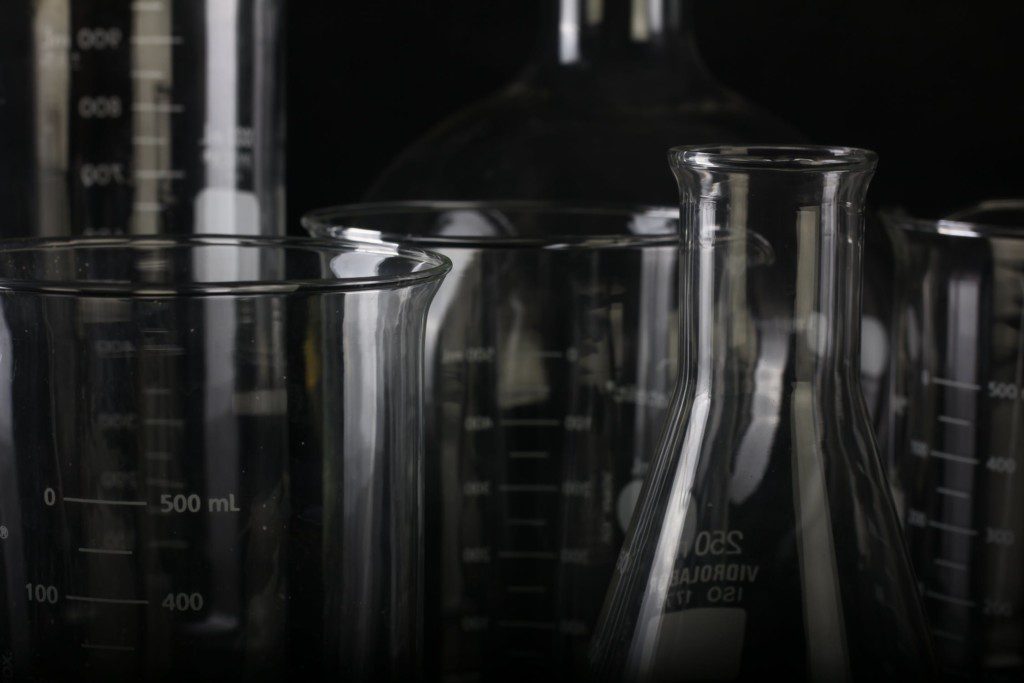
The two types of treatment for boiler water include external treatment and internal treatment. With external treatment, the impurities are reduced or removed entirely from the water once the water has been taken outside of the boiler. If the impurities in the feed water have reached very high levels that could be damaging to the boiler, it’s recommended that you use the external treatment method. When the feed water has been removed, it will be purified and de-aerated. It can also be pre-treated through evaporation, which produces somewhat pure vapor that can be condensed and used during the treatment process. This treatment method is able to provide softening to the water, reduce silica and alkalinity, remove suspended matter, and reduce oxygen. However, the process can be time-consuming and is oftentimes unnecessary.
As for the internal treatment of boiler water, this process calls for the conditioning of the impurities within the water, which means that the water is softened with softening chemicals like sodium phosphate and soda ash. The main purpose of internal treatment is to properly reduce hardness, sludge, and scavenge oxygen in the feed water. The only step involved in the internal treatment process is to identify what type of softening agent you’ll want to use. If you need to reduce scale buildup, the softening agents that you introduce to the boiler water will react with the magnesium and calcium compounds that are already in the water. With the right combination, the unwanted impurities should soften and dissolve.
If your primary goal is to condition sludge, you can either use dispersion or coagulation. If the sludge in your feed water is high, coagulation can help by forming large particles that can easily be removed. If the sludge is at a relatively low level, dispersion will break the sludge up and disperse it through the boiler water. In most cases, internal treatment should be all that you require to treat your boiler water.
Why Do You Need to Treat Your Boiler Water?

It’s important to treat your boiler water because impurities in the water can cause a whole host of issues, which will lead to you wasting money on equipment repairs if you don’t treat the water instead. There are many problems that can develop if you don’t treat your boiler water. For one, increasing levels of impurities in the water will eventually cause scale to form in the boiler. Since scale increases thermal resistance, your boiler will automatically be less efficient. The tube itself can eventually overheat or completely rupture, which would cost you a significant amount of money to repair.
While scale is the most common problem in boilers, it’s also normal for the components within the boiler to become corroded, which also makes the boiler less efficient. When corrosion sets in, your boiler will start to degrade in quality, which heightens the possibility that you will need to replace the boiler sooner than you expected. If you’re using a boiler for food production purposes, water treatment is essential if you want to make sure that the food remains free from harmful impurities. The rate at which you treat the water in your boiler depends on what you’re using the boiler for. While it’s possible to treat your water every day, you should at least treat the water once per week.
Maintaining High Quality Boiler Water
High-quality boiler water is important to the life of your boiler and will allow you to keep corrosion and other issues at bay. Scale alone can cause tube failure, overheating, and efficiency loss, which only serves to waste your money. No matter which industry you work in, poor water quality can directly impact the necessary processes for your company. If you purchase the right boiler as well, you’ll be provided with a system that’s very reliable, relatively affordable with efficient operation, and highly effective at meeting the needs of your facility.
There are numerous types of boilers that you can select from, each of which has its own pros and cons. If you require equipment or resources that will help you test your boiler water and maintain proper boiler water treatment, contact Sensorex today to learn more about the services and products that we provide.
Posted by Sensorex on December 3, 2019
Sensorex is a global leader in the design and manufacture of quality sensors for water quality and process applications. The company offers more than 2000 sensor packages for pH, ORP, conductivity, dissolved oxygen, free chlorine, chlorine dioxide, UV transmittance and other specialty measurements, as well as a full line of sensor accessories and transmitters. Its expert technical support engineers solve analytical sensor challenges with custom designs and off the shelf products.
